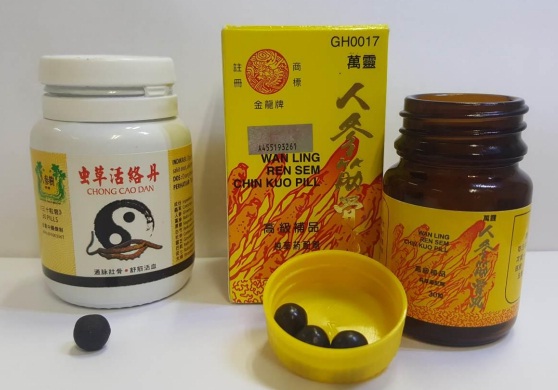
West African state of Gabon is now witnessing the consequences of the misuse of a powerful painkiller among youngsters in school. Teachers claim that the drug causes violent mood changes in normally calm and peaceful teenagers.
Locally, the drugs are called "kobolo" and contain high doses of anti-inflammatory medicine which are usually washed down using soda or alcohol. In the US, opioid drugs, primarily the powerful pain-reducing medicines, lead to addiction and misery, says the FDA.
The condition has deteriorated to such an extent that according to a young music teacher in a Libreville high school, it is easier to ask who in the school is "not taking kobolo". The teacher further added that kobolo addiction begins at a secondary level, from the age of 12 or 13 and children go through changes overnight.
Kobolo usage has increased to such an extent that every week the press publishes incidents of knife fights between students and arrest of drug dealers from pharmaceutical business or Cameroon.
According to Marie-Louise Rondi, from the National Order of Pharmacists in Gabon, kobolo is basically a painkiller attacking the brain and inducing a feeling of well-being due to the secretion of dopamine or the pleasure hormone. This leads to increase in daily dosages blowing off all the safety fuses in the brain. The drug is also mixed with alcohol and juices and then taken.
The drug started spreading like wildfire in 2017 as consumption and availability of cannabis and other substances became limited. The effect started creating such a turmoil that prescriptions for the drug became compulsory by July and social awareness campaigns were held. Meetings with parents were also held.
Under the pseudonym Ted, an "ex-user" of kobolo in his 20s says that after taking the drug, it feels like one is in deep sleep and when taken with alcohol it awakens the sleeping senses and "imagine you're a super-hero...You don't even feel pain."
The user went through a car windscreen after taking the drug, in turn, hurting his forearm. Loss of appetite and sleep, itching, epilepsy attacks, unsafe sex, liver problems and memory lapses are some other side effects of the drug.
Despite regulations, the drug can be easily acquired from the streets of Libreville, known as "little red", "pink baby" or "kemeka," and are sold for 250 and 500 CFA francs (0.40 to 0.80 euros / $0.50 to $1.00) per piece. In narrow lanes or bus stations, regular traders and salesmen sell the drugs illegally along with rat poison in some medicine shops. The wholesale dealers are mostly Nigerians, Lebanese, Chadians and Guineans. As per reports, 5,952 illicit pills were seized in 2017.
"But the silence of health authorities is deafening," protests the director of a state-run hospital. "Not even a simple video clip on the TV to raise awareness among young people."
FDA states that opioids are powerful pain-reducing medications containing oxycodone, hydrocodone and morphine which can be extremely risky if taken without doctor's prescription. When misused, the drug can lead to addiction and even death. FDA further states that there have been reports of serious health hazards in people misusing the medication.









